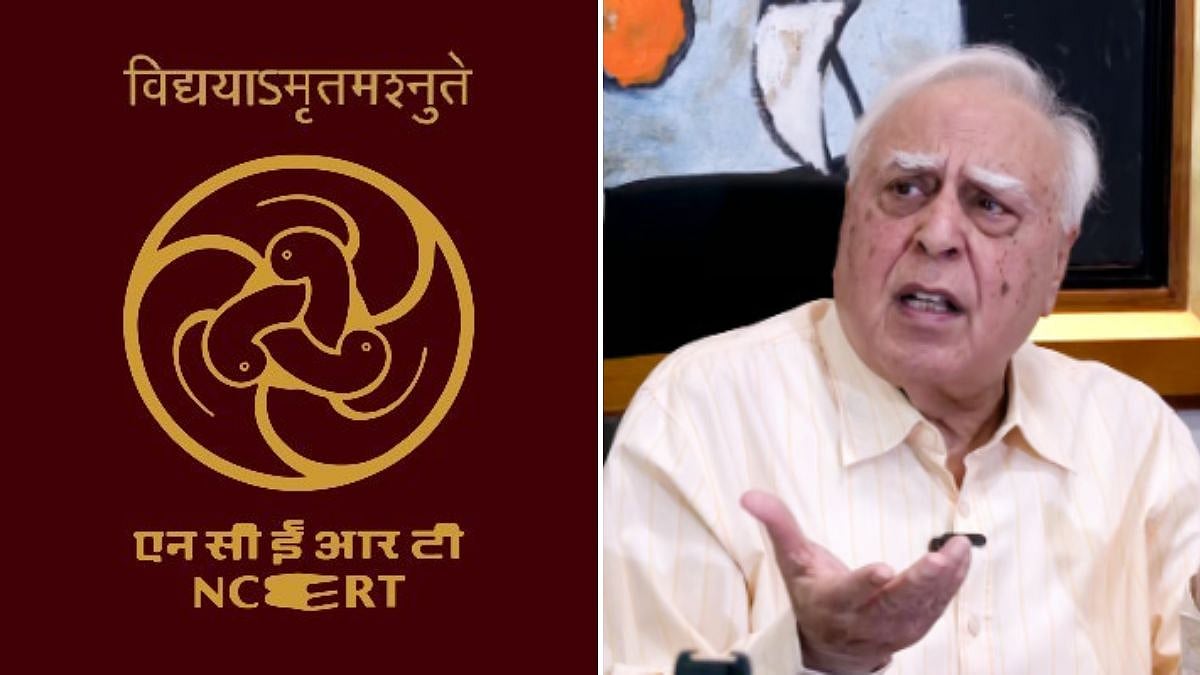The increase in the price of petroleum products should have been anticipated, given the war in Ukraine and its fallout on the international crude oil price. If the oil marketing companies (OMCs) were not increasing the prices of petrol, diesel, and cooking gas, it was in deference to the Centre’s wishes. Four months ago, when the government reduced the excise duty on petrol and diesel to bring down their retail prices, it had a motive to do so. It did not want the increasing prices to affect the elections in Uttar Pradesh, Punjab, Manipur, Goa, and Uttarakhand. Now that the elections are over and the ruling party did well in all the states barring Punjab, there is no reason for it to restrain the OMCs from reviewing the retail prices of oil on an almost daily basis. Of course, this gives a lie to the government’s oft-repeated claim that market forces alone guided the oil pricing policy. It is as much politics-driven as it is market-driven.
Having said this, allowance has to be given for the fact that the OMCs are now in dire straits. Recently, they increased the bulk price of diesel by Rs. 25 per litre. The bulk buyers of diesel are the Indian Railways, factories, malls, and transport companies. They have to pay a higher price than the retail buyers, an anomaly that cannot be continued for long. As it is, they will be tempted to source their supply from retail dealers as diesel would be cheaper by about Rs 20-25 per litre. The OMCs will have to keep the bulk and retail prices even, sooner than later. They cannot, however, increase the retail price by Rs 25 per litre, except by provoking a public outcry. No government would like to take such a risk, though there are no immediate elections, except the civic ones in the national capital. What can, therefore, be expected is a gradual increase in oil prices.
The OMCs had been holding the prices constant starting November 4, when the Centre announced a Rs. 5 per litre cut in excise duty on petrol and a Rs. 10 per litre cut on diesel. Of course, this was done with a political motive and everyone knew about it. What happened subsequently was beyond the calculations of the OMCs and the government. During the interregnum, the price of Brent Crude increased by 45 per cent to $118.5 per barrel, up from $81.6 per barrel when the government froze the petroleum prices. That India imports about 85 per cent of its crude oil requirements cannot be lost sight of. The sudden increase in the international price was on account of the Russian attack on Ukraine and the sanctions Western countries imposed on Russia, which is one of the world’s largest oil producers. Russia is unable to sell and countries like India are unable to buy, except by paying through their nose.
In such situations, the oil-producing countries should have increased their output. Alas, that has also not happened. If the OMCs are given their way, they would like to increase the prices of both petrol and diesel by about Rs 0.52 for every $1 per barrel increase in the price of crude oil. Since the price of crude has increased by nearly $37 per barrel during the last 137 days, OMCs may press the government to allow them to increase the retail prices for both by about Rs. 19 per litre. It would be politically embarrassing for the government to allow them to do so, more so as social media are full of videos in which Narendra Modi as chief minister of Gujarat was making fun of Dr. Manmohan Singh for the high oil prices. Modi had also given a commitment to the electorate in 2014 that he would reduce the oil prices if his party was voted to power. In recent days, there has been a steep increase in the prices of aviation fuel and cooking gas also. These hikes are sure to cause inflationary pressures on the economy.
What is happening in Sri Lanka is a case in point. Petroleum products are scarce in the country with prices going beyond the reach of the common man. Even rice which is the staple food of the islanders has touched Sri Lankan Rs.448 per kilogram. True, the Indian economy is much stronger than the Sri Lankan and their conditions are not comparable. In fact, it is to China and India that Sri Lanka has turned to for support during its current crisis. Since the government had been making a huge profit by taxing the oil consumers, it should be prepared to absorb the crude price shocks while campaigning for a reduction in the use of petroleum products. A drop of oil saved is a drop of oil produced!




